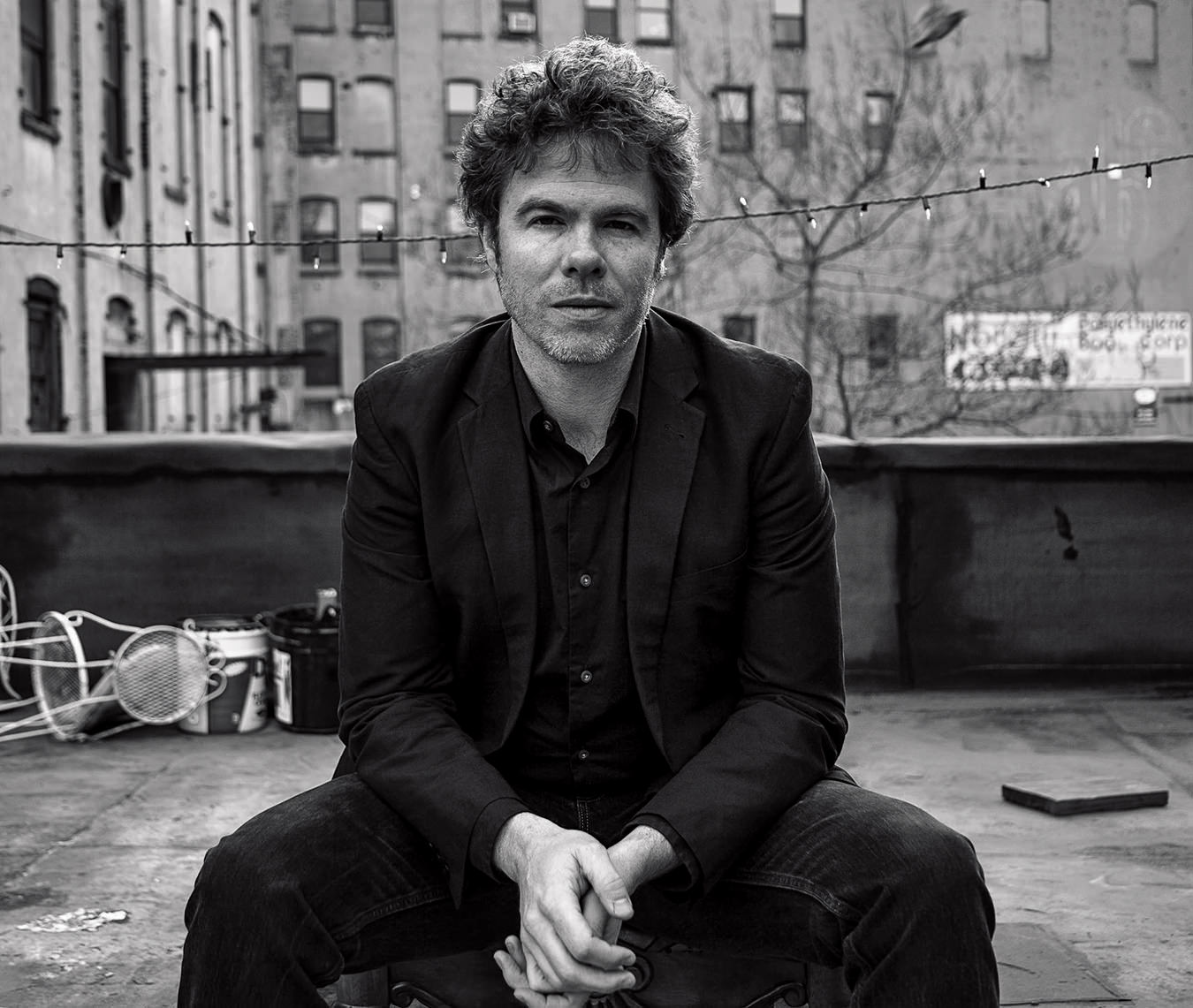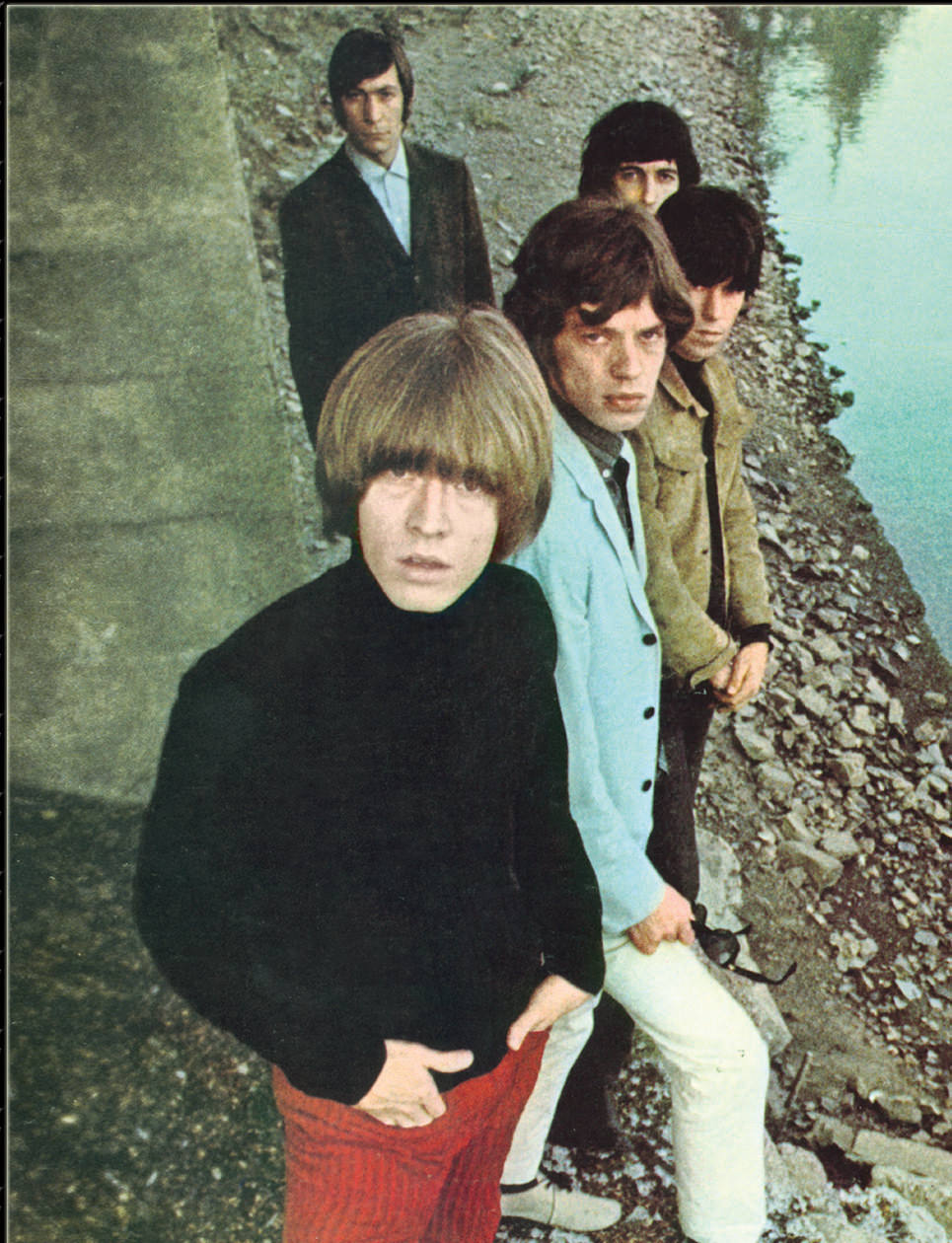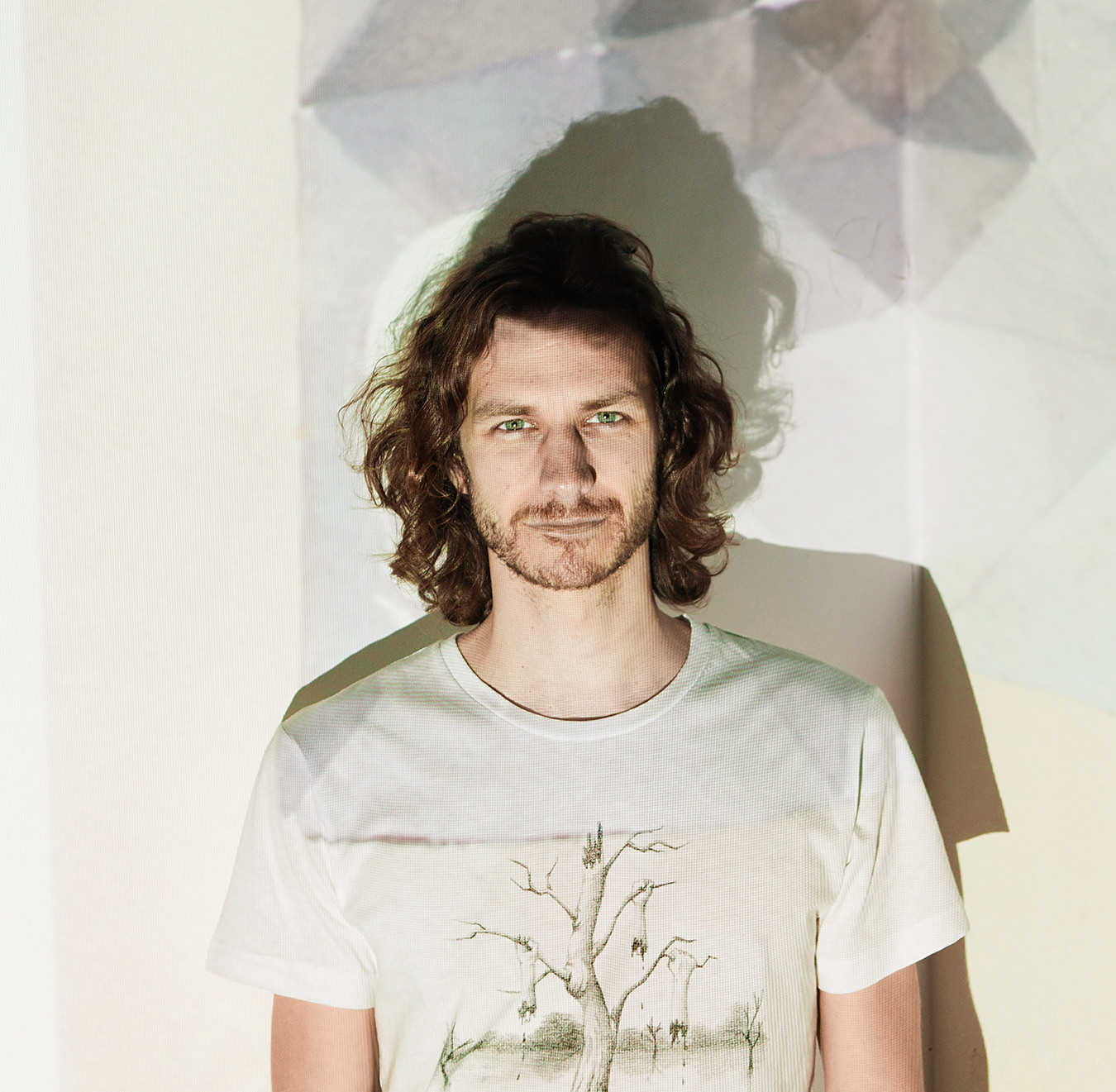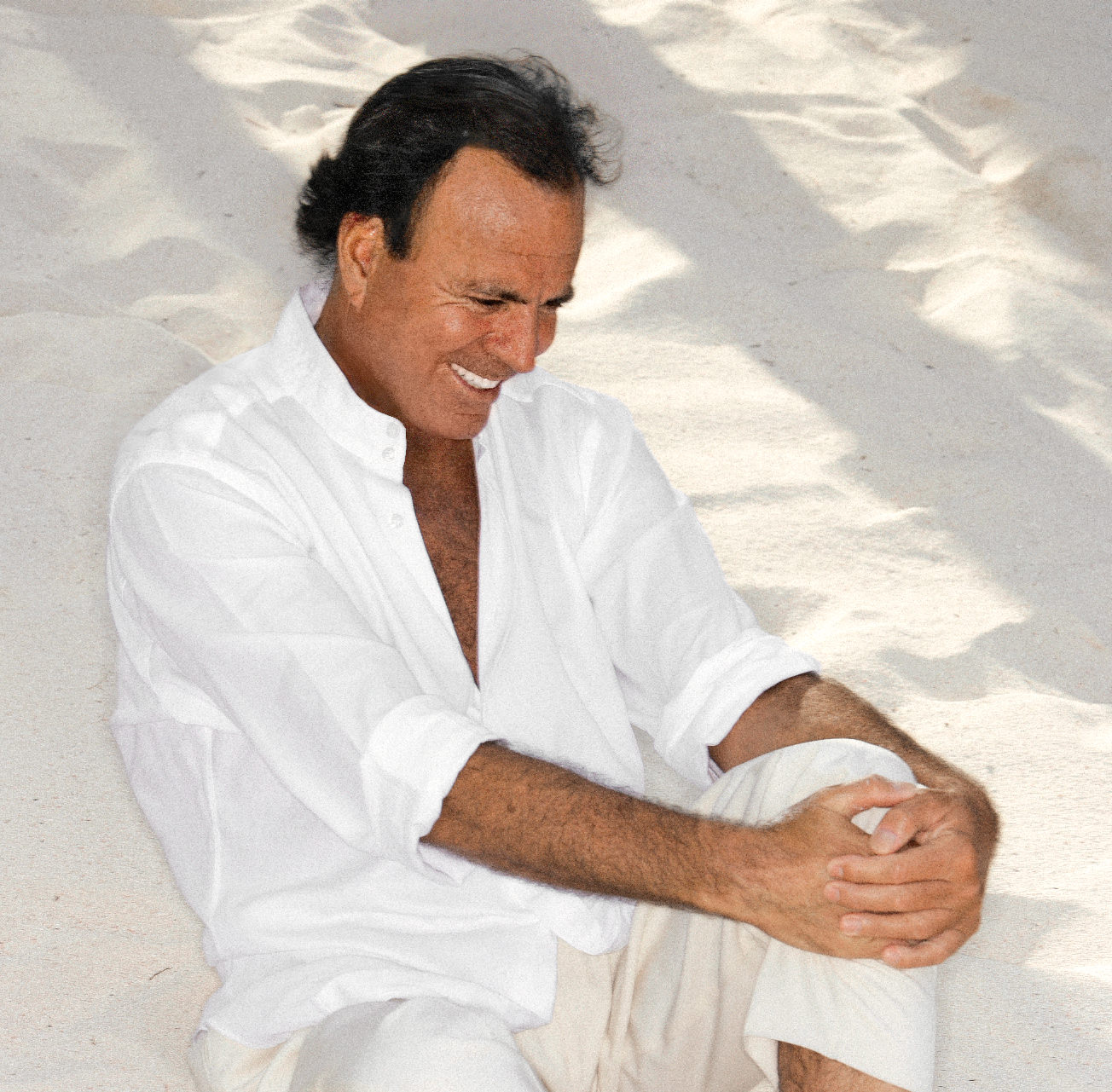Harry Connick, Jr.
Smooth operator.
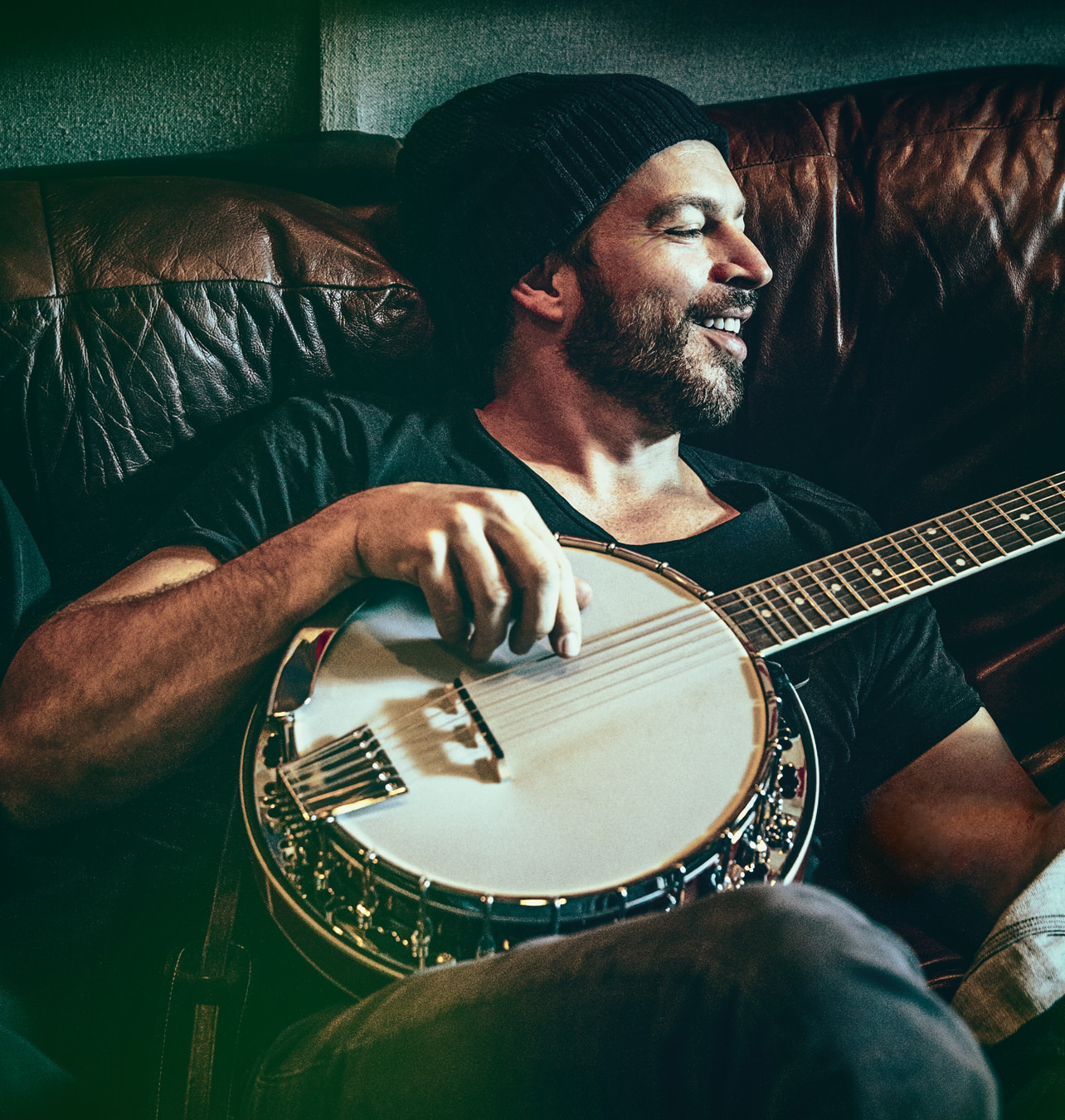
Harry Connick, Jr. likes to be in control. Since he released his self-titled debut vocal album at the age of 21 in 1988, he has handled all creative decisions about his music. For his new album, That Would Be Me, Connick handed over the reins, but not without considerable jitters.
“It was like going on a first date. It was scary,” Connick says. “I’m a loner. I do these musical things by myself and this time I have companions. It was uncomfortable and intimidating at times.” His first-class “companions”, suggested by his long-time label, Columbia Records, are producers/songwriters Eg White (Adele, Sam Smith) and Butch Walker (Katy Perry, Pink). The result is a much more pop-leaning album than the jazzy Connick has previously released, with many songs displaying a grittier, edgier vocal performance by Connick than his usual smooth croon.
On tracks like the jaunty first single, “(I Do) Like We Do Smile”, the soulful “You Don’t Need a Man”, and the dramatic “Where Prisoners Drown”, Connick sounds like he’s recording in the wee hours with a three-day beard and whisky tumbler in hand. “That sounds about right, other than the whisky,” says Connick, who doesn’t drink.
He relished the imperfections in both his voice—no auto-tuning allowed—and the instrumentation, with passion winning over precision. On “You Don’t Need a Man”, Connick plays all the horns. “If you listen to the brass, it sounds like a bunch of unprofessional high school musicians in a street parade,” he says with a chuckle.
There was no laughter when he cut the spare, raw “Do You Really Need Her”, which, upon first listen, sounds like a love-gone-wrong tale, but turns much more gut-wrenching when Connick reveals he co-wrote it about the December 2012 Newtown, Connecticut, elementary school shooting that took 26 lives. Connick, who lives in the state with his wife, former Victoria’s Secret model Jill Goodacre, and their three teenage daughters, based it on a friend who lost a child in the massacre. It was agonizing to record and Connick doubts he will include it in his live show. “The only way I could ever sing that song again is to disassociate myself and think of it as being about a guy who came along and stole my girl from me. To think about it in the context it was written is too painful.”
The son of a New Orleans district attorney, Connick began playing piano at five with tutelage from two of the Crescent City’s finest musical legends: James Booker and Ellis Marsalis, father of Wynton and Branford. He moved to New York in his late teens, later captivating the public with his swinging renditions of jazz standards on the 1989 soundtrack for When Harry Met Sally…, for which he won his first Grammy for best male jazz vocal performance.
As one of jazz’s new young lions, he fiercely protected his musical den and says he can’t imagine collaborating as he did on That Would Be Me back then. “I was very hot-headed, not very diplomatic. I didn’t have enough maturity,” he says. Ultimately, he found it “liberating” working with White, with whom he recorded in London, and Walker, with whom he recorded in Nashville. “It showed me there are different ways to do things.”
Music may have been Connick’s entry into entertainment, but time has proven that his talent knows few borders. He’s moved with ease from the concert stage to the large screen, playing such against-type characters as a serial killer in Copycat and abusive ex-husband in Bug. He earned praise for his role as the affable Leo on sitcom Will & Grace and a Tony nomination for his part in the revival of The Pajama Game. He keeps challenging himself. Next fall, he will host a daytime variety show, appropriately titled Harry. But first, he will wind up his last season as a judge on American Idol. “We get paid to make it look like we’re having a good time,” he jokes, before adding how truly fond he is of fellow judges Keith Urban and Jennifer Lopez.

